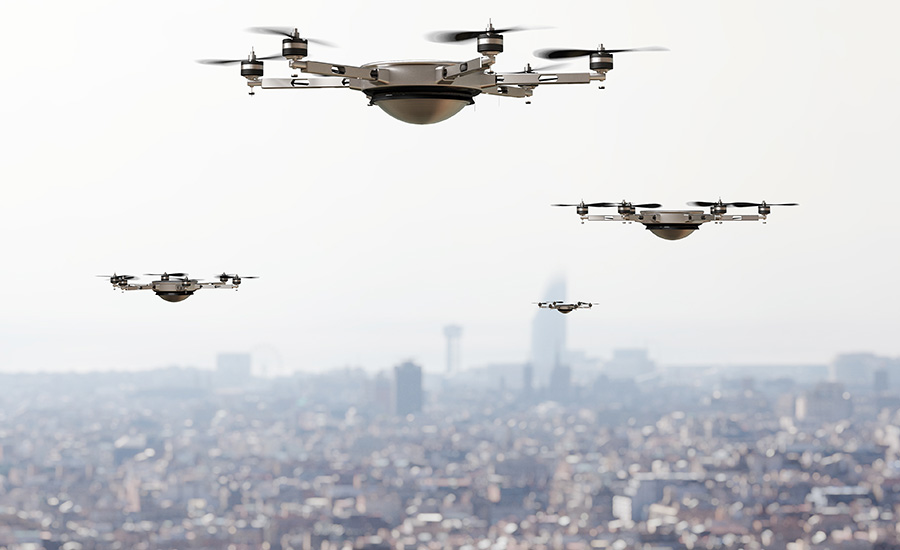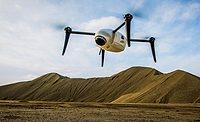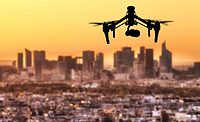The U.S. Department of Commerce’s National Institute of Standards and Technology (NIST) has launched a new prize competition to advance the use of unmanned aircraft systems (UAS) in first responder search and rescue operations.
Named the First Responder UAS Triple Challenge, this prize competition comprises three challenges with three different focus areas — all aimed at advancing UAS technology to support critical, lifesaving missions. NIST’s Public Safety Communications Research (PSCR) division will accept contest entries beginning Aug. 2, 2021, with multiple stages running through June 2022.
“Our goal at PSCR is to accelerate the development and adoption of advanced wireless communications for the public safety community,” said Dereck Orr, the division chief. “These prize competitions are a way for us to find solvers from around the world to help us with this important research.”
The FastFind: UAS Search Optimized Challenge is focused on search and rescue operations using optical sensors and data analysis to improve image detection and location. The LifeLink: UAS Data Relay Challenge is centered on supporting continuous delivery of broadband data in a degraded cellular area, and the Shields Up! Securing UAS Navigation and Control Challenge asks participants to identify and demonstrate cybersecurity threats and countermeasures that prevent navigation and control of the UAS.
More than $700,000 will be awarded in prizes throughout the three competitions. Prize recipients will be determined by a panel of judges, assisted by a team of subject matter experts, through each stage of the competitions.
The First Responder UAS Triple Challenge is being hosted by NIST’s PSCR Division and managed by Kansas State University, in partnership with Mississippi State University.
“This project has been a long time in the making for our team at K-State,” said Kurt Barnhart, who is leading the K-State contract team. “We are privileged to be able to partner with the challenge team at NIST in their ongoing effort to push innovative technologies forward for first responders to use as they work tirelessly to help us when we need it the most. We’re also excited to be working jointly with the excellent team at Mississippi State University’s Raspet Flight Research Laboratory to develop and deliver three competitions.”
Tom Brooks, director of Mississippi State University’s Raspet Flight Research Laboratory, echoed the importance of UAS to first responders.
“Unmanned aircraft systems are increasingly revolutionizing various aspects of society, including how emergency responders do their jobs,” he said. “Mississippi State welcomes the opportunity to bring our UAS experience to support this competition that is sure to advance technologies available to public safety professionals.”
The First Responder UAS Triple Challenge offers participants the unique opportunity to use their ingenuity and hardware-building expertise to meet public safety’s needs. To learn about eligibility requirements, visit challenge.gov, and for additional information about the challenge and to register, visit uastriplechallenge.com.



